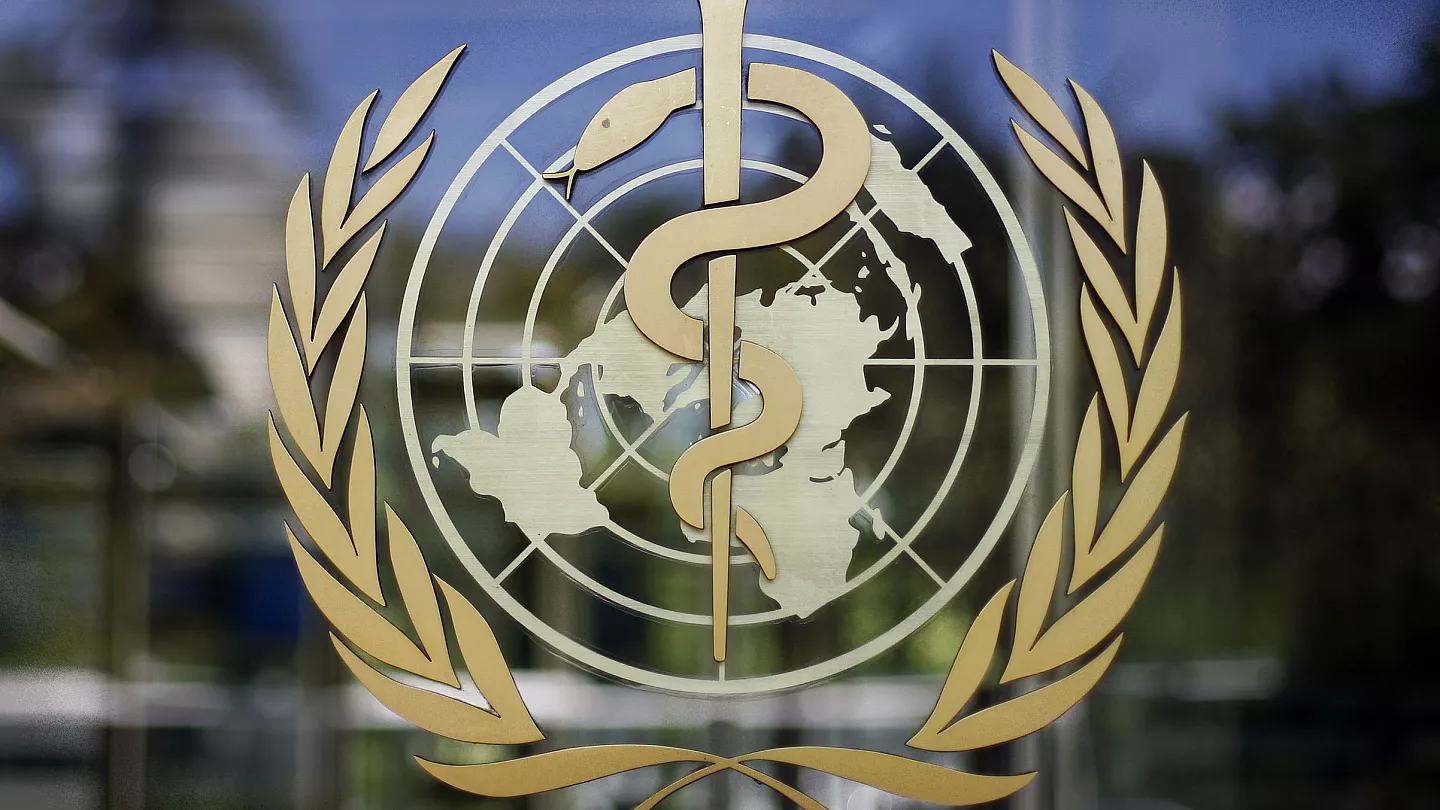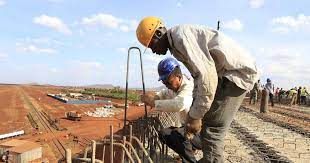As the world marked World Health Day on 7 April, the World Health Organisation (WHO) has highlighted air pollution — most notably in fast-growing cities in Africa — as a top danger that the governments on the continent need to resolve.
Experts and organizations working for cleaner air in Africa have recently met in Cameroon’s capital, Yaounde, to discuss how they can cooperate to track air quality using sensor technology in the hope of reducing health risks. With cities growing rapidly all across the continent, many countries lack effective technologies to measure the associated air pollution. Many countries use technology that provides measurement that is costly, but there have been advances, says Deo Okure, an air quality scientist at Kenya’s Makerere University. He adds that although it provides important data, it is often insufficient, because it cannot yet clearly identify the sources of air pollution.
Some organizations, such as the Swiss technology company IQAir’s World Air Quality Report, warn that the measurement capacities especially in Africa are lagging behind urbanization — data on many African countries is either inadequate or not collected at all. The World Air Quality Report, which includes data from measuring stations in 134 countries and regions in 2023, does not include data on air quality on 34% of Africa’s population, with countries such as Chad and Sudan not being included at all. The report refers to PM2.5 values, or fine dust particles that are no larger than 2.5 micrometers in diameter — roughly equivalent to the thickness of cobwebs. According to the report, Kinshasa, Cairo, Abuja, Ouagadougou are among the most polluted cities in Africa, as they exceed this value by a factor of eight to 11.



